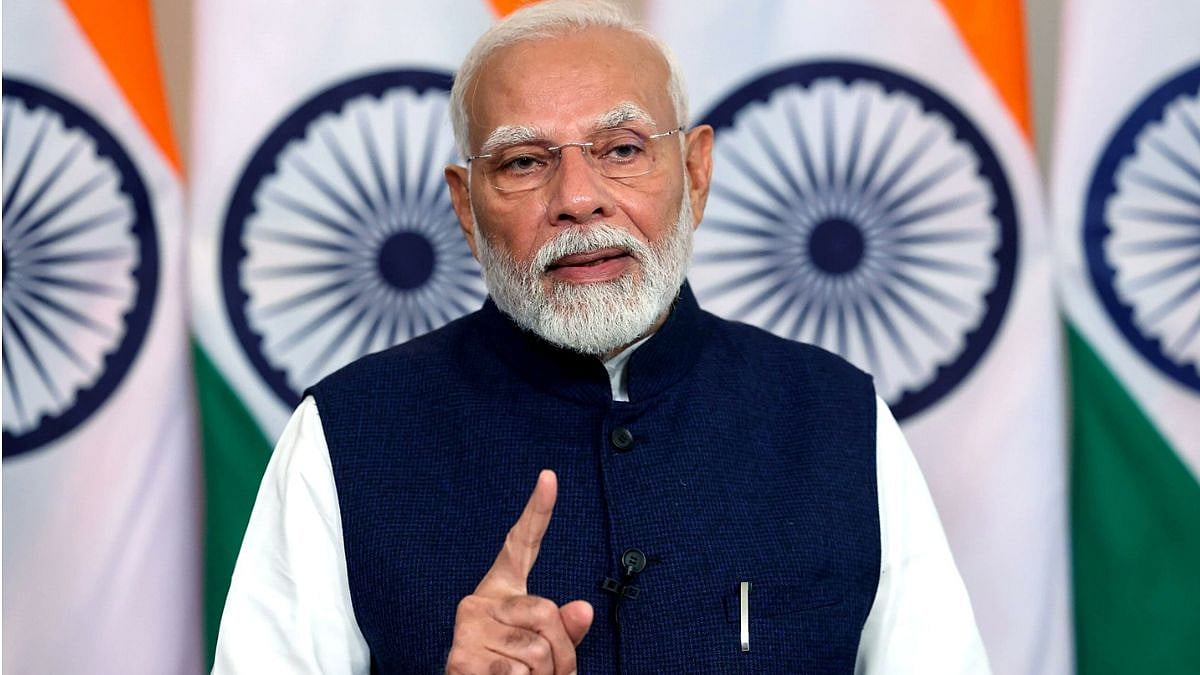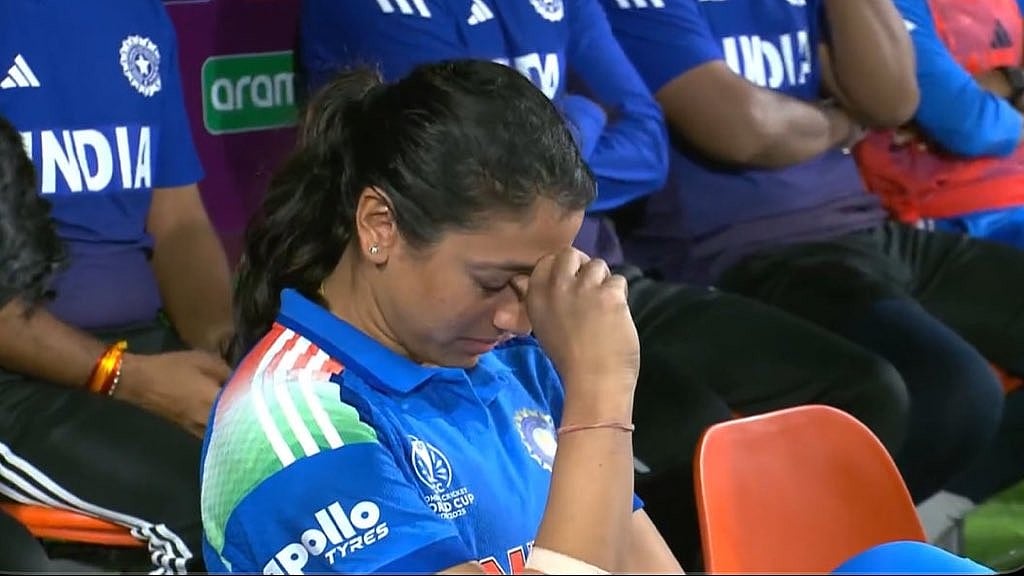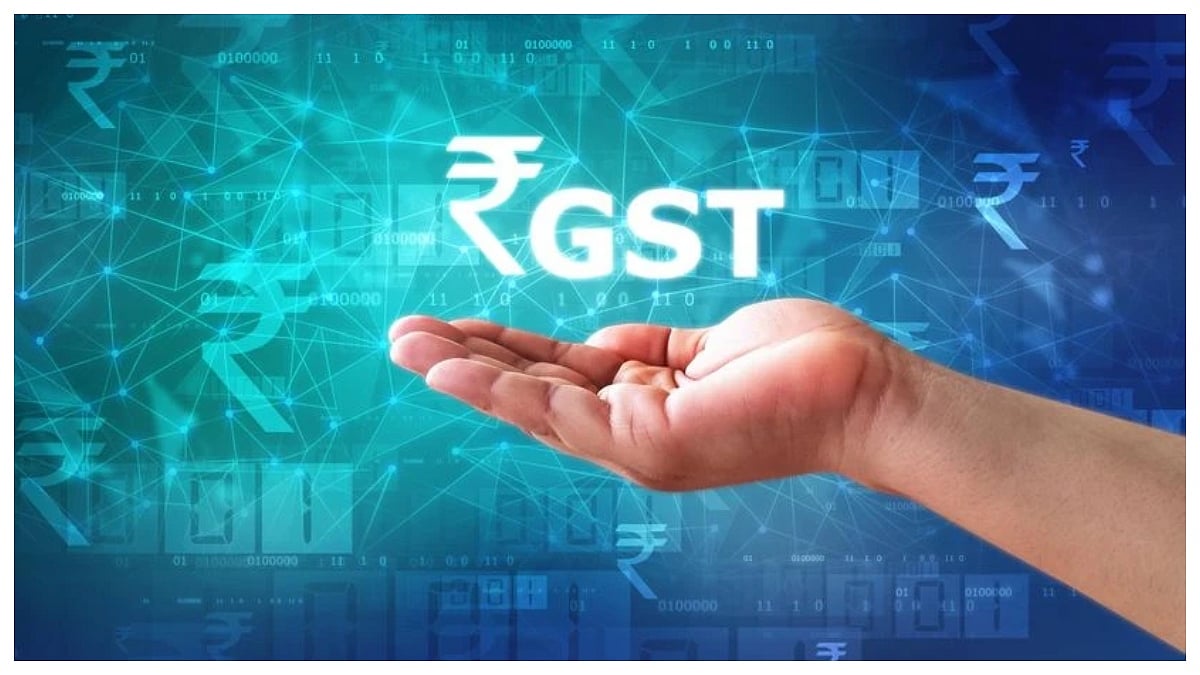The business of care in India has changed. With the advent of private hospitals, we are seeing great improvements in the quality of care, but we are also witnessing a significant increase in the costs of care. As private hospitals increasingly become the first choice for the care of our loved ones, it pushes up the average cost of hospitalizations, procedures and tests. A World Health Organization report in 2011 said the private sector accounted for 68 per cent of healthcare spending in India. For those of us who live in India, this amounts to the choice between unaffordable private medical care that exceeds our insurance cover, or going to government hospitals and waiting in interminable queues for basic treatment.
Current inflation rates
It is well known that medical inflation far outpaces overall inflation. The oft-quoted figure for healthcare inflation in India is 15 per cent a year compared to overall inflation of six-seven per cent in the past few years. Since the second wave of Covid-19, these costs have been reaching new peaks. Medical inflation has now risen to about 18-20 per cent. Think about your health insurance cover, and whether that would be adequate even five years from now, at this rate of inflation.
India has its own particular reasons for medical inflation. In a country of over a billion people, we have an acute scarcity of qualified healthcare experts. The brain drain syndrome means that while a great number of Indians train to be surgeons and specialists, very few of them end up working in India. The scarcity of these specialists drives up salaries, and limits who can afford them. Diagnostic equipment is often imported, and expensive. The same goes for most of the technology used in healthcare — India usually follows models that have been developed in the west.
Then there are the patients. There is an increasing trend of patients who opt for higher categories of rooms and extended hospital stays. This results in hospitals using up more space to cater to this small category of patients, while the space available to the masses shrinks. Once more, the principles of demand and supply drive up prices for the mid and low range hospital rooms.
Cost implications of medical inflation
Let's understand the impact of inflation on hospitalization cost: A treatment procedure that costs Rs 10 lakh today, will cost Rs 40 lakh after 10 years, assuming a medical inflation rate of 15 per cent. It will go up to Rs 1.6 crore in 20 years. Consider your health today, your lifestyle and your medical history; and try to imagine what your health could look like in 20 years. For most of us, this paints a rather grim picture.
Combating medical inflation
With medical inflation the way it is, you will need larger health insurance cover than you imagined. The cost of treatment has been increasing, especially for serious ailments. In cases where the patient is required to stay in the hospital for a prolonged period of time, medical expenses sky-rocket.
It is essential to buy health insurance cover after factoring in the likely cost and inflation 20-30 years down the line. It is a good idea to buy higher covers — the younger the applicant, the higher the cover should be as they have a greater number of years to take care of. In fact, health insurance companies have also started offering higher covers of up to rupees three crore.
There is a lot you can do to extend the coverage your current plan offers. Top-up plans are a great way to add cover to an existing base cover. Should your expenses cross the cover provided by the base plan, the top-up takes care of it. You can also consider buying a new policy that provides a large cover, and whose inclusions are more suited to you.
Conclusion
With increasing medical inflation, having health insurance is becoming a necessity. The current lifestyle that many of us follow, the way we live and work, and the incidence of pollution where we live, all contribute to increasing rates of diseases and infections. We need to contribute to our own health in many ways. Taking better care of our diet, exercising regularly, proactive testing, and regular wellness visits to the doctor all play a part. However, in the final analysis, being able to pay for the treatments you need becomes the biggest factor in your recovery.
Give yourself the best shot at beating back illnesses with the right health insurance policy that gives you adequate cover.
(Anuradha Sriram is Chief Actuarial Officer, Aditya Birla Health Insurance)













